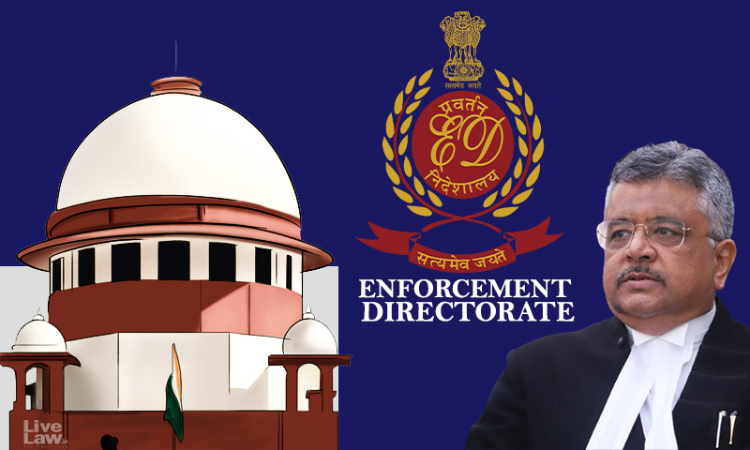Applying Section 41A CrPC Will Defeat PMLA's Objective : Solicitor General Tells Supreme Court
Mehal Jain
3 March 2022 9:27 PM IST

Next Story
3 March 2022 9:27 PM IST
The Solicitor General of India Tushar Mehta continued his arguments in the Supreme Court on Thursday defending the provisions of the Prevention of Money Laundering Act.The top law officer of the Union emphasised that the PMLA was a "complete code" in itself and the provisions of the Code of Criminal Procedure, such as the notice under Section 41A CrPC, or the FIR procedure under Section 154,...
